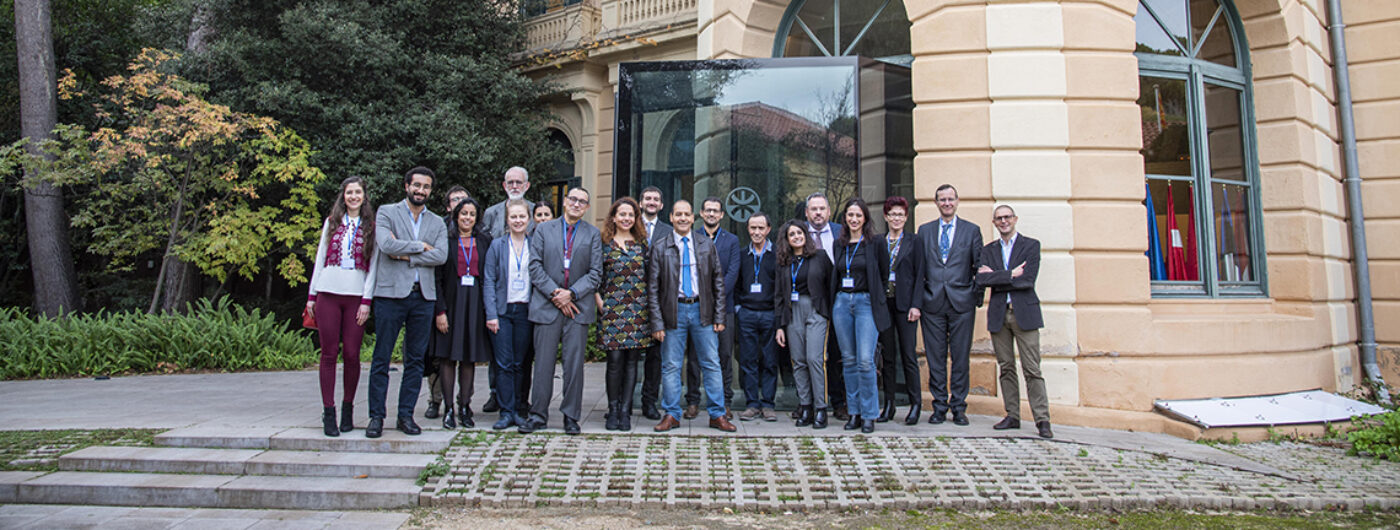
Fostering research exchanges on the connections between the deep roots of migration, environmental and climate change: Exploring emerging drivers of human mobility in the Mediterranean
- The UfM support the Ministerial mandate on research and innovation by facilitating exchanges between researchers and experts on possible interlinkages between climate and environmental change, and the root causes of migration.
- According to a preliminary report by the MedECC group, the Mediterranean region is warming 20% faster than the global average, with sea level rises that may exceed 1 metre by 2100, impacting one third of the region’s population.
17 December 2019. Barcelona. On the occasion of the launch of the new EuroMedMig Working Paper Series, the Secretariat of the Union for the Mediterranean (UfM) is hosting an expert exchange meeting on the status of knowledge and research on climate change, environment and Mediterranean migration.
The main purpose of the event, jointly organized by the Higher Education and Research Division of the UfM and the Euro-Mediterranean Network of Research Institutes on Migration (EuroMedMig), is to facilitate the exchanges of experts and researchers across Mediterranean countries and fields of expertise.
This expert meeting is in line with the Valetta declaration on Strenghtening EuroMediterranean Cooperation through Research and Innovation (Ministerial meeting held in Malta in 2017), approved by UfM Ministers of Research, which upheld “the key role that research and innovation play in developing an understanding of the root causes of migration and the inter-dependencies between different drivers of migration including economic, political, social, demographic, conflict-related and environmental drivers.”
Human security around the Mediterranean is highly dependent on the overall socio-political situation but it is also impacted by environmental change. Overall, climate change provokes decrease in available natural or financial resources and thereby tends to exacerbate regional human conflicts. According to a preliminary report by the MedECC group, the Mediterranean region is warming 20% faster than the global average, with sea level rises that may exceed 1 metre by 2100, impacting one third of the region’s population.
The UfM Secretariat, placing the people and their demands at the heart of Euro-Mediterranean cooperation, gives emphasis to work related on the root causes affecting migration and to sustainable development as a regional solution to involuntary migration. In this regard, the UfM encourages coordinated and collaborative approaches for research in the Euro-Mediterranean area on migration and integration related aspects, as it has shown by supporting the launch of the Euro-Mediterranean Research Network on Migration (EuroMedMig) on the occasion of the 2018 IMISCOE Annual Conference held at Pompeu Fabra University, Barcelona.

